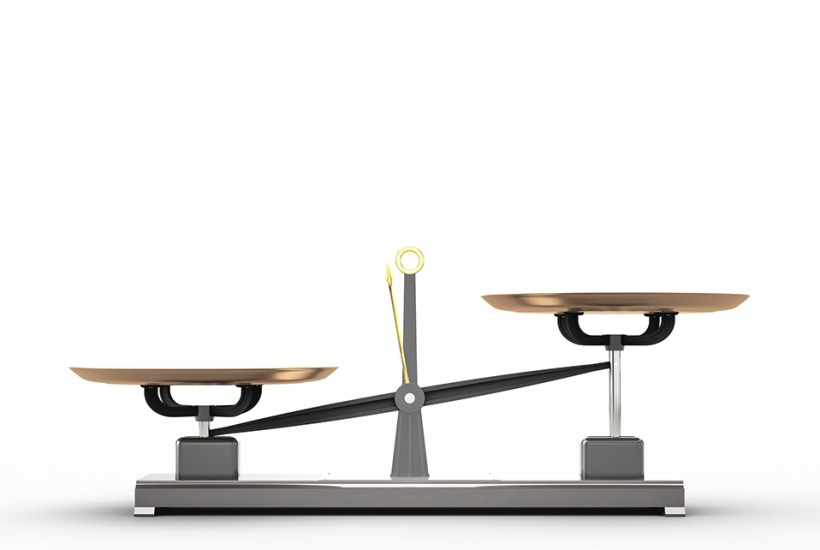The Sun reported that a woman sold a pair of rings which, if worn on two fingers, spelt out NTCU. Or they might be swapped round, with ruder consequences. When someone objected, the maker’s followers on TikTok apparently ‘flocked to the comments to weigh in on the situation’.
In a report on some other matter, the BBC mentioned an Australian who ‘has form for wading into sporting rows’. So do people weigh in or wade in? Have they weighed in or waded in?
The earliest citation given by the OED for wade in, meaning ‘intervene energetically’ is in a poem from 1863 called ‘How are you, Sanitary?’ The title is puzzling until one knows that, during the American Civil War, the wounded were cared for by the US Sanitary Commission. Wagons came to the front to treat and transport them to hospital. The poem pictures the arrival of a wagon being greeted with cries from the soldiers, ‘Such as “Bully!” “Them’s the peach!” / “Wade in, Sanitary!”’ The author was Bret Harte, celebrated for stories about California miners and gamblers. Kipling admired him, and so did Mark Twain until they fell out, after which he wrote: ‘Harte is a liar, a thief, a swindler, a snob, a sot, a sponge, a coward, a Jeremy Diddler, he is brim full of treachery.’
As for weigh in, of course jockeys, boxers, luggage and fish are weighed in. The sense ‘bring one’s weight or influence to bear’ derives from the jockey or boxer department. The OED quotes a letter from George Bernard Shaw from 1909: ‘I want you to ask the Chief Rabbi to weigh in.’ By the second world war, weigh into had developed a particular meaning of ‘launch into a person’. In 1941, S.J. Baker in his Popular Dictionary of Australian Slang, defined weigh into someone as ‘to attack, wade into a person in a fight’. So the circle was completed and weigh into and wade into had become synonymous. Speakers could carelessly say wade into in the present tense and weighed into (with the same pronunciation) in the past tense. It required less accommodation than bought and brought, used synonymously by many despite the different meanings.
Got something to add? Join the discussion and comment below.
Get 10 issues for just $10
Subscribe to The Spectator Australia today for the next 10 magazine issues, plus full online access, for just $10.
You might disagree with half of it, but you’ll enjoy reading all of it. Try your first month for free, then just $2 a week for the remainder of your first year.









Comments
Don't miss out
Join the conversation with other Spectator Australia readers. Subscribe to leave a comment.
SUBSCRIBEAlready a subscriber? Log in